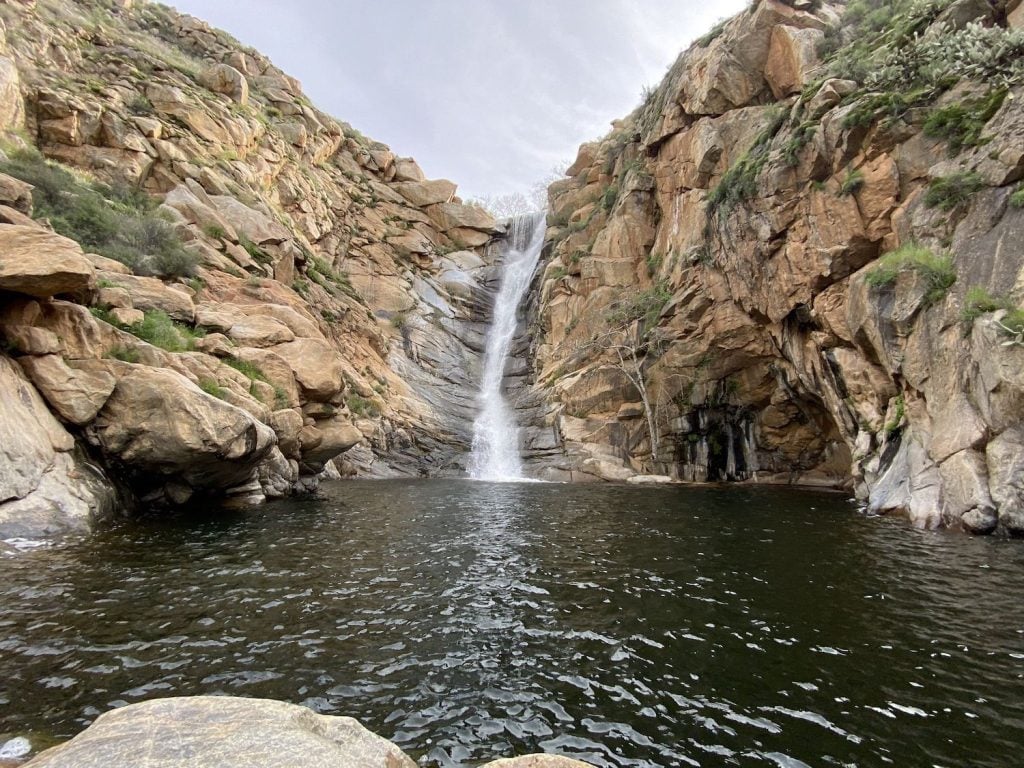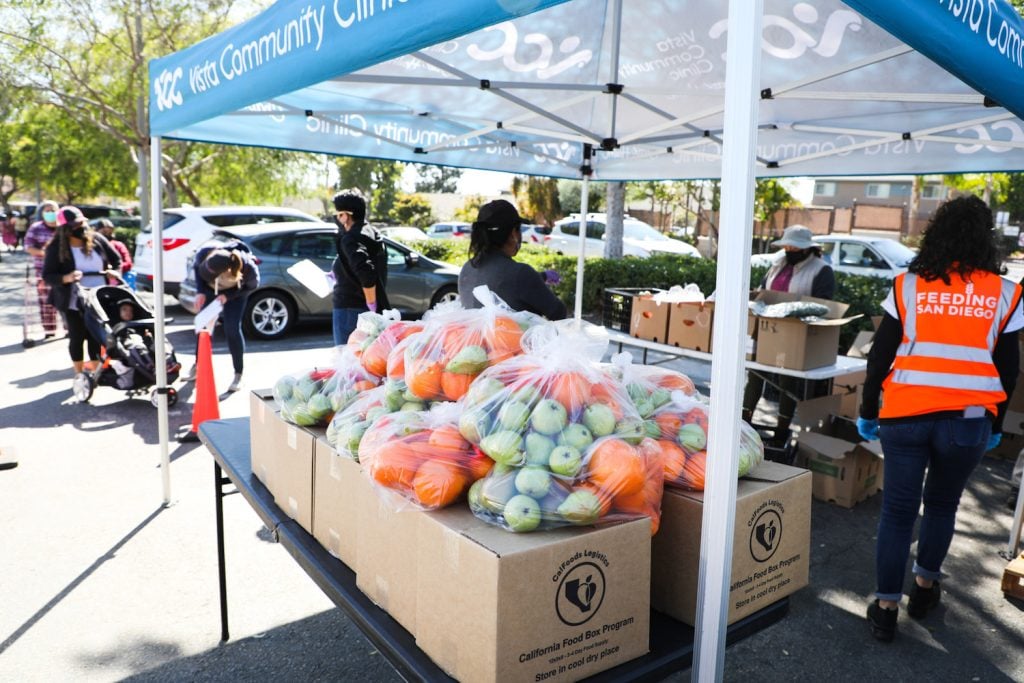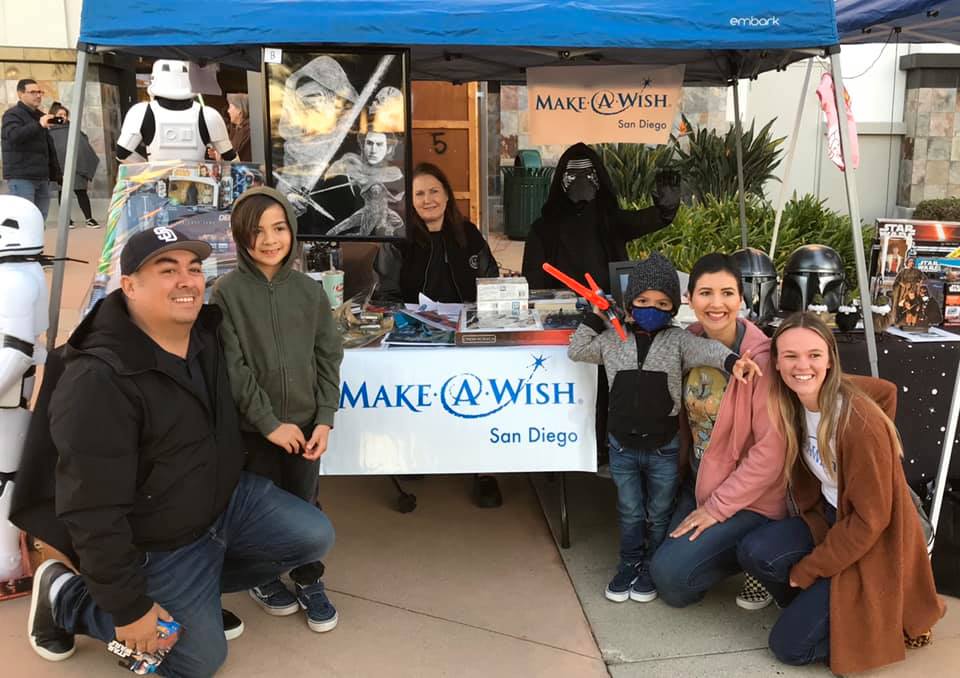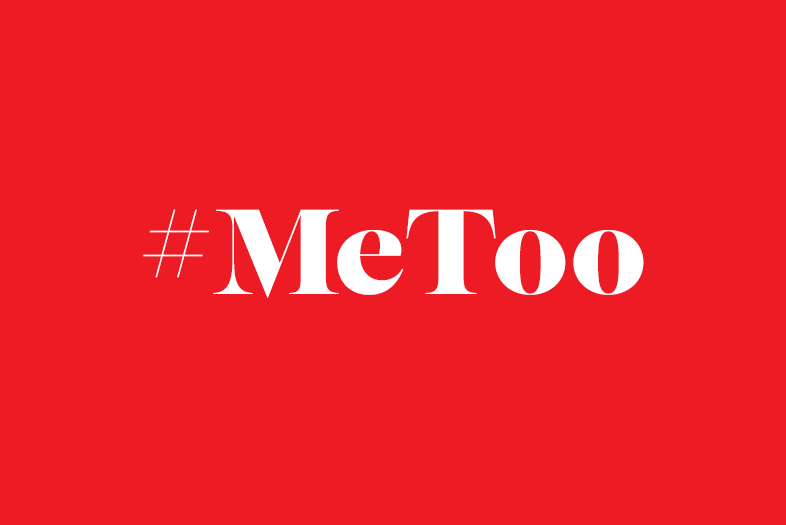Before Me Too became a hashtag, Jane Willenbring decided to take on a powerful man in a male-dominated field for sexually harassing her some 20 years earlier.
His name is David Marchant, a prominent geologist who was her professor and thesis advisor at Boston University when she was a graduate student.
Willenbring, who is now an associate professor in geoscience research at Scripps Institution of Oceanography at UC San Diego, said that during Antarctic expeditions, Marchant constantly called her sexually degrading names, hit her with rocks, repeatedly shoved her down a hill, and blew volcanic ash containing glass shards into her eyes.
While the experience was traumatic, Willenbring decided to keep quiet as she pursued her education, worried that speaking up would be detrimental to her career.
“This is not the most healthy approach, but I sort of packed it away like a box to be opened later, like a bad Christmas present,” she says.
She unwrapped that box in October 2016 by filing a complaint with the university against Marchant after a confluence of events made her realize she no longer could—or should—remain silent: First, she had just received tenure, so she felt her career would no longer be in jeopardy. Second, a wave of sexual harassment allegations was rising against presidential candidate Donald Trump, including the infamous Access Hollywood tape. And although Willenbring had long hoped she was Marchant’s only victim, she’d heard that was not the case.
“It was wishful thinking that my not saying anything was not doing any harm,” she says.
The real kicker was when Willenbring’s then-three-year-old daughter saw her in her lab coat and exclaimed, “I want to be a scientist like you, Mommy.”
“It was a perfect storm,” she says. “The idea that my little girl would experience something like that… I wanted to make it better for her, for my female students, for the people I haven’t met yet.”
Several other women joined Willenbring’s complaint, and after a yearlong investigation, Boston University terminated Marchant and rejected an appeal to regain his post. The Geological Society of America has revoked his fellowship and is revamping its code of conduct related to sexual harassment. Other scientific organizations are taking steps to prevent this behavior, too: the National Science Foundation, which provides grants for research, says it is considering requiring universities to report sexual harassment issues as a part of funding requests.
For Willenbring, all of this is positive. But above all, what she hopes will come from her experience and all of the other #MeToo stories is better understanding of sexual harassment and a sense of community, especially among women.
“When other women say, ‘Well, he never harassed me,’ I find that to be flawed reasoning,” she says. “It’s like if someone came up to you and said, ‘Your neighbor killed someone,’ and you said: ‘Well, he never killed me.’ You don’t need to sexually harass every woman to be a sexual harasser.”
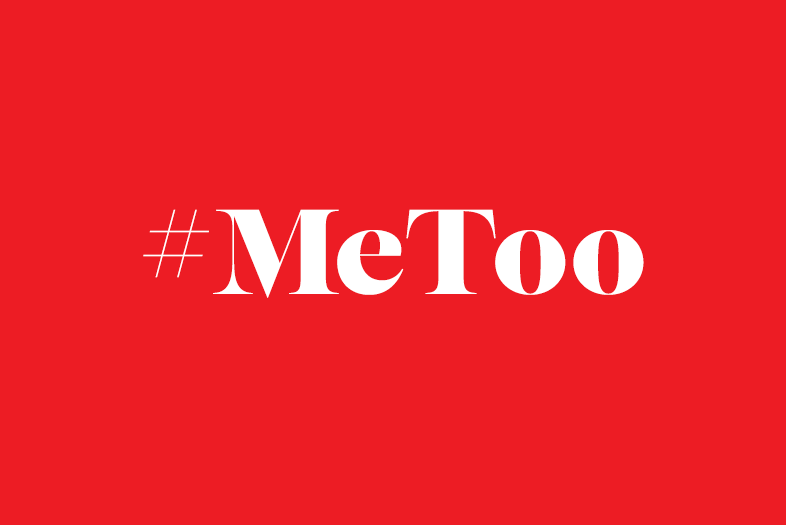
Why She Said #MeToo







